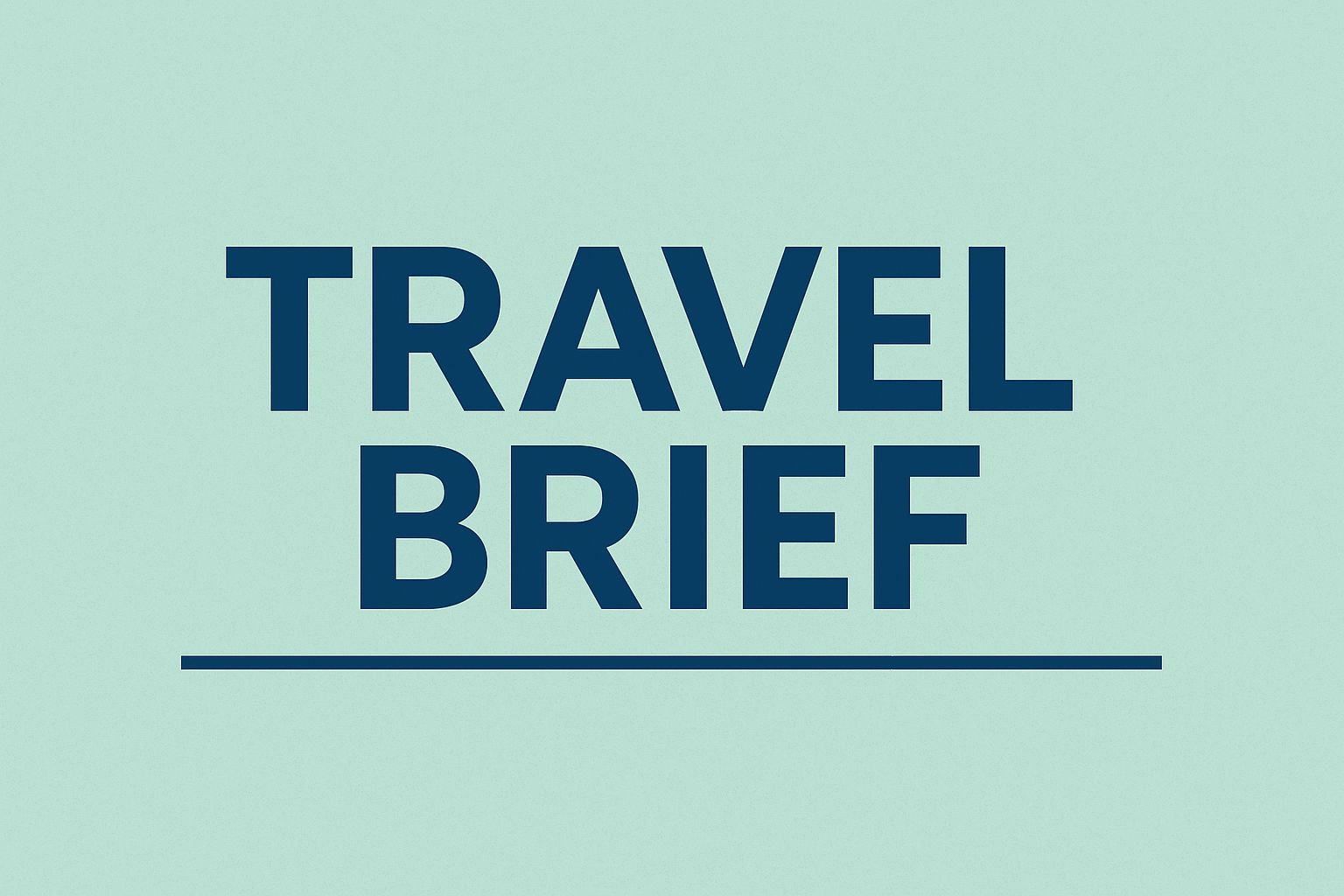Select Page
Posted by Business Travel Destinations | Nov 13, 2025 | Business Travel News, Travel Brief
Hamburg, Germany — Europe’s business travel sector continues to show strong momentum despite corporate economic pressures and geopolitical issues. New data from the GBTA Business Travel Index Outlook (BTI™) projects that European business travel spending will rise to €389.9 billion in 2026, an 8.2% increase over 2025.
This demonstrates Europe remains a significant force in global corporate travel. By 2027, spending is expected to reach €414.5 billion. In 2028, it will rise again to roughly €441.6 billion. This steady upward trend signals long-term confidence in travel. It also signals growth in cross-border collaboration. “The data confirms what many organizations in Europe are feeling,” said Suzanne Neufang, CEO of GBTA. “Business travel continues to be a catalyst for growth and innovation, even in uncertain times. Sustainability and traveler experience are now at the core of those decisions.”
“The data confirms what many organizations in Europe are feeling,” said Suzanne Neufang, CEO of GBTA. “Business travel continues to be a catalyst for growth and innovation, even in uncertain times. Sustainability and traveler experience are now at the core of those decisions.”
The updated BTI findings were announced at the GBTA + VDR Europe Conference in Hamburg (November 10-12, 2025), the region’s leading annual gathering for corporate travel professionals.
Western Europe holds the majority share of the region’s corporate travel market, accounting for an estimated 88% of total spend in 2025. Emerging Europe represents the remaining 12%.
The top six European business travel markets include Germany, the United Kingdom, France, Italy, Spain and the Netherlands. They projected to generate more than €241.5 billion in travel spend in 2025. This represents nearly 18% of global business travel spending.
According to GBTA’s traveler survey, the leading reasons for business travel in Europe are:
Seminars and training
Conferences and conventions
Internal company meetings
Budget may likely play a role. The average cost of a business trip in Europe is €850.70, with lodging as the largest expense. UK business travelers spend the most per trip at roughly €1,305, while Sweden and Poland average between €639–€646.
European travelers continue to see value in corporate travel—83% say it meaningfully supports business goals. Additional insights include:
77% are traveling the same or more than they did in 2019.
Average trip length is 3.1 nights.
40% are comfortable using AI to book trips (currently the lowest among global regions).
81% consider loyalty programs important when selecting hotels and transportation.
Europeans are less likely to “bleisure” (combine business and leisure) than travelers in North America or Asia Pacific.
Rail remains a core mode of travel, used by 38% on their last business trip—far higher than in other regions.
About 32% say their company has a dedicated travel manager or travel team.
Europe’s steady rise in business travel spending—and its evolving traveler profile—point to a sector that is adapting, resilient and positioned to help drive broader regional economic recovery.
Related post:
Measuring ROI for Events and Meetings
Share:
November 21, 2019
July 17, 2013
November 8, 2011
May 12, 2015
© 2010 – 2025 RH Communications, Inc.



![Read more about the article The 9 Best Websites for All-Inclusive Vacation Packages and Deals [2026] – Upgraded Points](https://breathtakinglagoon.com/wp-content/uploads/2026/02/wp-header-logo-213-300x225.png)
